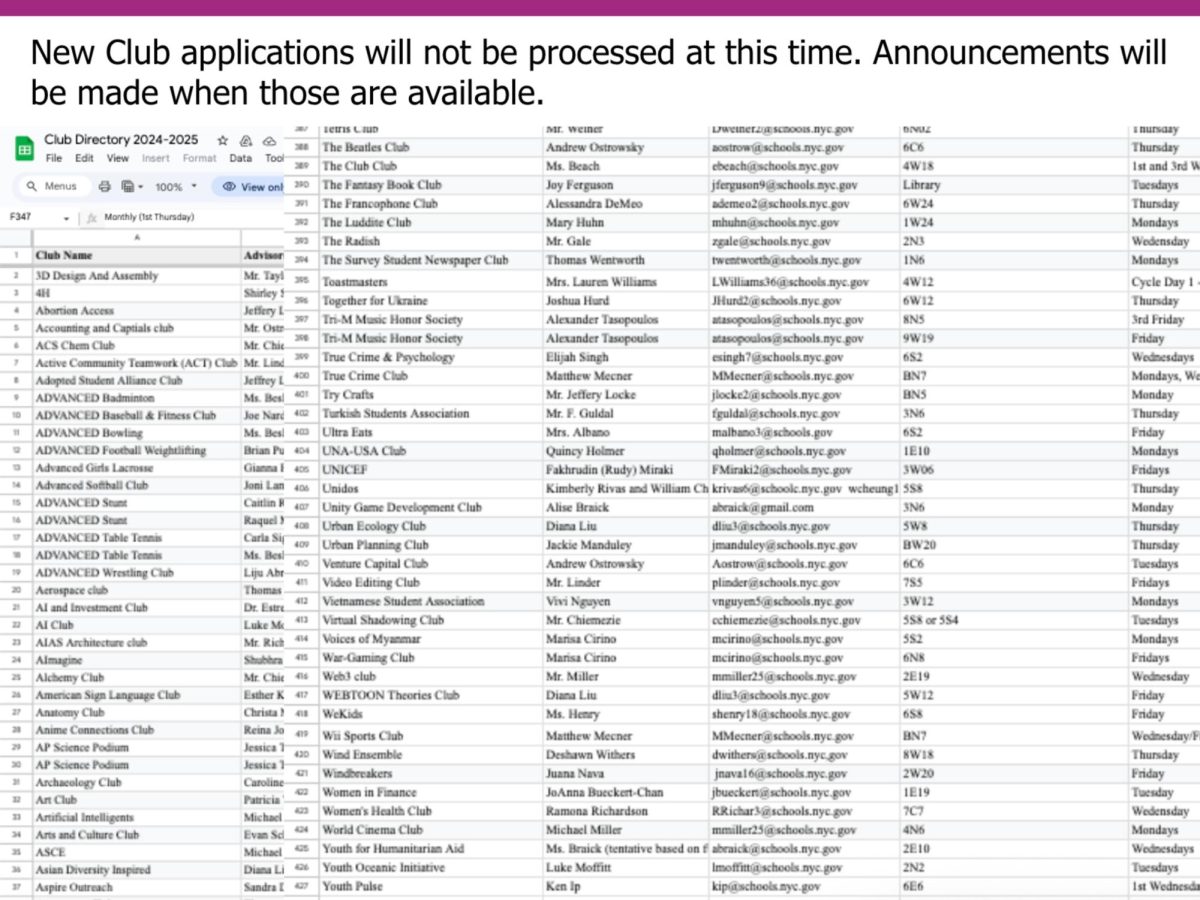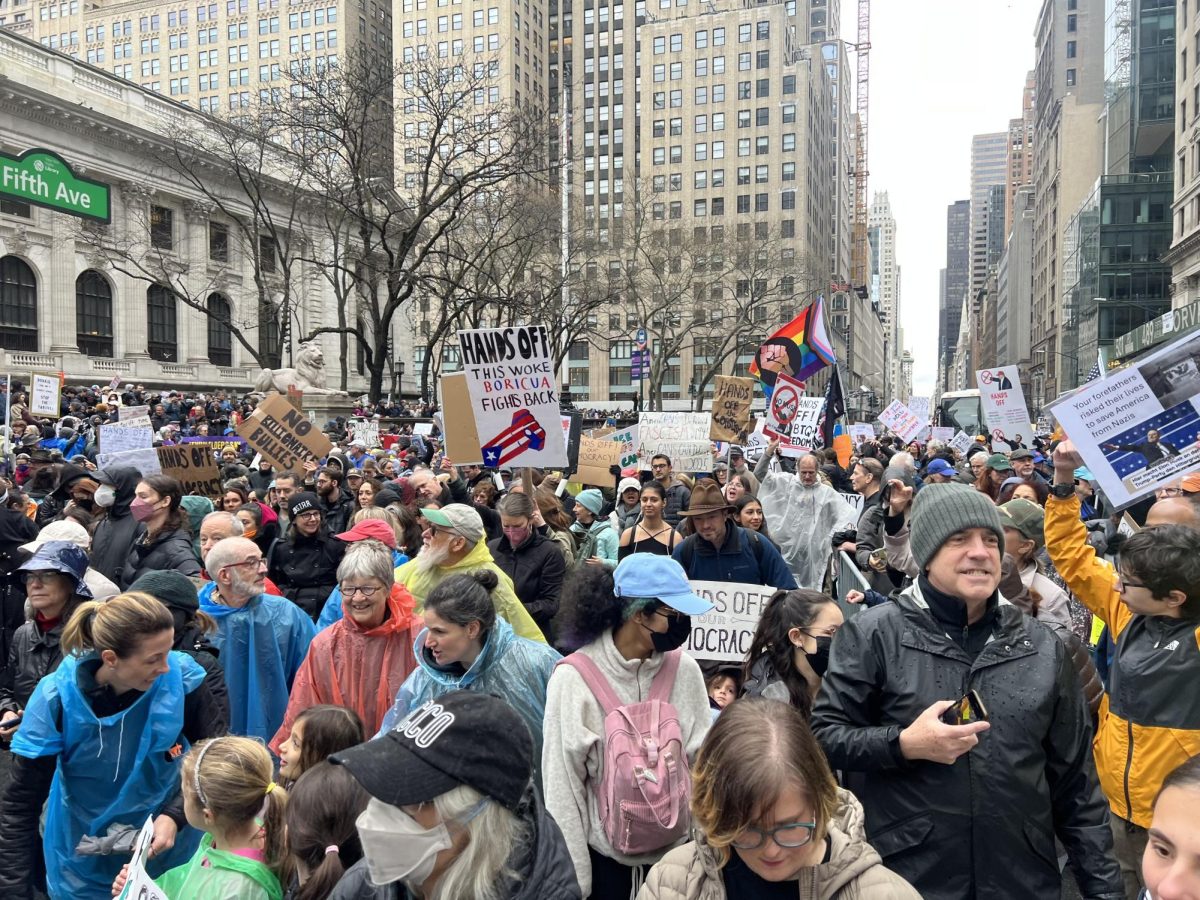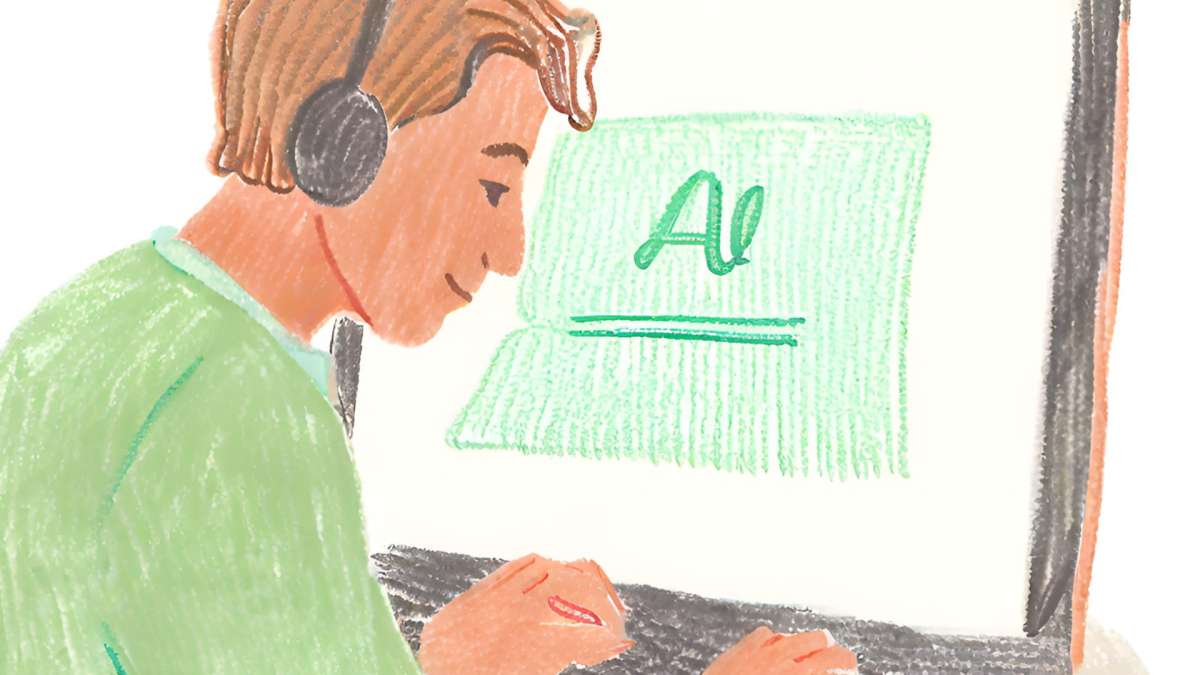With the rapid advancement of AI in recent years — and students’ resulting reliance on it — teachers everywhere have been grappling with how to address the effects of the shift in academic culture on student work.
Many students have been leaning into AI to complete their assignments faster and lighten the notoriously heavy Tech workload. A recent Instagram poll conducted by The Survey found that 52% of Tech students reported regularly using AI applications when completing assignments at home.
One anonymous Social Science Research major (‘25) confessed that she occasionally utilizes ChatGPT to generate responses for assignments, allowing her to quickly move past the lengthy brainstorming phase of writing. “I know I probably should use my critical thinking skills,” she admitted, but with many time-consuming extracurricular commitments, she feels that AI assistance is the easiest way to complete her homework.
As students continue to submit work that does not represent their ideas, their capabilities are not reflected, and this trend’s increasing appearance across students has led teachers to identify AI as the culprit. Across Mr. Alan Barbour’s three AP World History sections, ten students were flagged for AI-generated work.
With AI use being increasingly apparent in student work, some teachers, including Mr. Barbour, have placed restrictions on how students complete and submit assignments. “[I] started to see evidence of students using AI,” Mr. Barbour, who teaches AP Comparative Government on top of AP World History, explained, noting that students’ writing was very distinguishable from earlier work they had submitted. He noticed that students’ responses were long, vague, and unfocused, often with unreasonably accurate grammar, “[Students] had never written like that before.” To ensure that students’ work, and the benefits of independent intellectual development, are entirely their own, all of Mr. Barbour’s assignments are now to be completed by hand, either in class or at home.
When asked about Mr. Barbour’s policies, an anonymous Law and Society major (‘24) taking his AP Comparative Government class explained how long assignments, such as textbook-based questions, can be tedious and time-consuming, so AI programs have helped get the work completed quicker. “If I’m given an assignment that’s busy work, I’ll use AI and spruce it up a bit,” said the senior. Although relying on the internet has its perks, he admitted that with Mr. Barbour’s guidelines, the work he completes in class is better quality, reflecting his understanding of the subject in greater detail.
Student dependence on AI may correlate with decreasing test scores and hindered growth in classes. Law and Society major Amelia Maxwell (’25) found that her test scores suffer when she uses online resources, such as Google and ChatGPT, to provide her with notes, as opposed to her handwritten notes. “I score higher when handwriting assignments —it’s just a pattern I have noticed,” she said.
Many students also utilize Grammarly, an AI platform that helps people rewrite, edit, and build off prompts with a click of a button. “The use of Grammarly takes away from my skill building when it comes to writing,” admitted Physics Major Sonia Girshin (’25). “I probably could have grown more without them.” The convenience of AI prevents students from developing and utilizing their ideas, which further stifles their advancement in school.
AP English Language and Composition teacher Sandra Del Valle expressed mixed feelings about work completed with AI assistance, as it provides efficient, easy-to-revise writing, however, it also carries the risk of plagiarism and stunted growth. Work written solely by students allows her to gauge what level students are on, and what they are capable of writing by themselves. She explained that if a student is lost, turning to AI for prompts and answers isn’t going to help students in the long run, instead feels that “Students should go to extra help, such as office hours, instead,” with opportunities like tutoring allowing for such.
While students are aware of the negative impacts that come with utilizing AI, they continue using it for convenience’s sake. Finance major Milly McAuliffe (’25) shared that her notes written from her knowledge are detailed, “Google and ChatGPT give me vague answers and I don’t end up really learning or remembering terms as well.”
As certain teachers transition to fully handwritten work, certain students will see an increase in understanding of their subjects and an improvement in their performance, and others will be overwhelmed with the lack of support from the Internet. AI provides a helpful and efficient service, however, teenagers, as they prepare to enter higher education and the workforce, must not forget the potential of their ideas.









































